
The Chinese Century
The Rising Chinese Economy and Its Impact on the Global Economy, the Balance of Power, and Your Job
Recommendation
This is an important book for anyone doing business with China or facing a competitive threat from the world's most rapidly expanding economy. Author Oded Shenkar presents the forces that have made China a global economic powerhouse. He explains how it uses fair and unfair competitive advantages to muscle trading partners and manufacturers to get what it wants. This includes copying everything from technology to factory blueprints and training manuals so it can leapfrog ahead of other developing nations. Unofficially, China also encourages counterfeiting and smuggling as well as copyright violations. To compete, European and U.S. corporations must understand how the Chinese operate and develop new business plans. This dry text is not casual reading, but it provides important information about how to contend against a tough, rule-breaking competitor. getAbstract.com recommends this book to anyone doing business with or competing against China. Shenkar makes it clear that U.S. businesspeople must learn the new rules in the global marketplace. It's game time.
Summary
About the Author
Oded Shenkar chairs Global Business Management at the Fisher College of Business, Ohio State University. He has published numerous articles on international business and, China. He also has edited several books, including the Handbook for International Management Research and International Business.









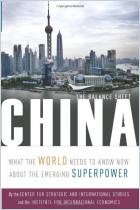
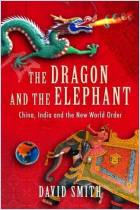
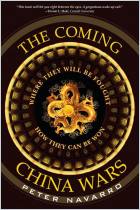
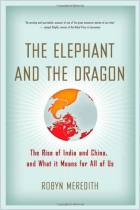
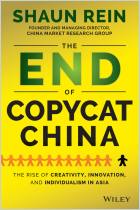
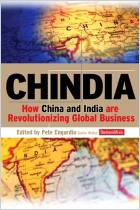






Comment on this summary